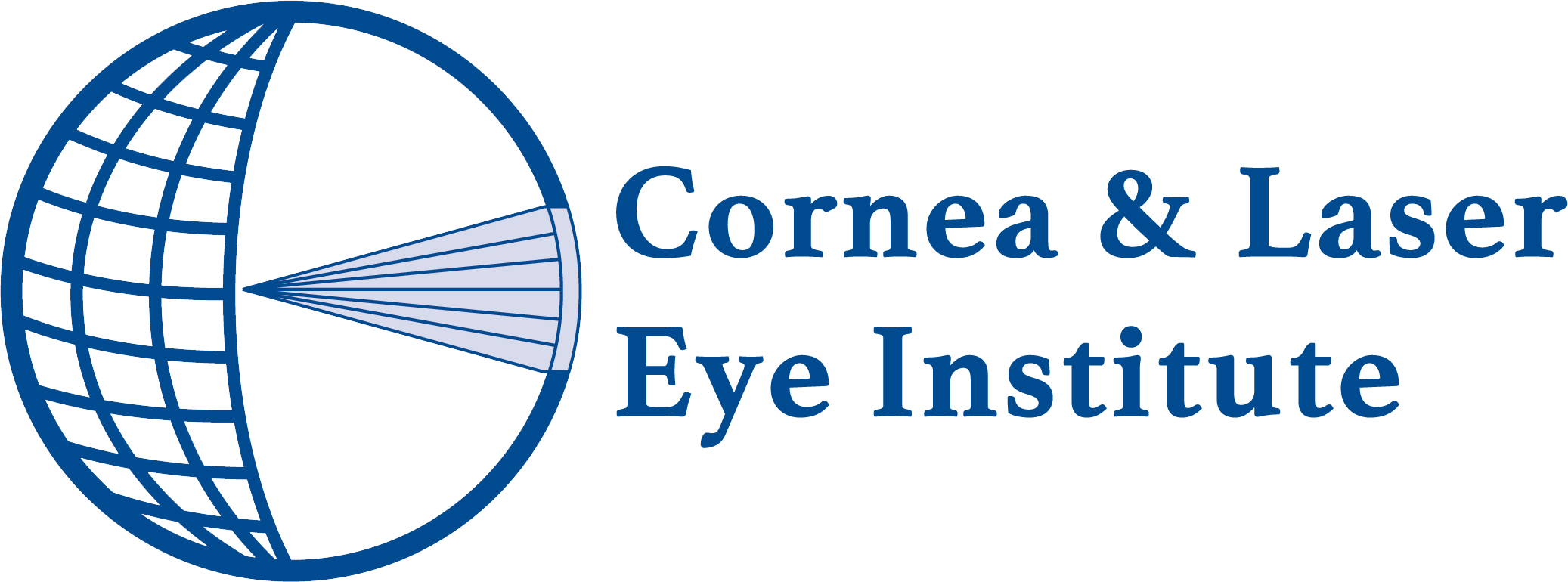The study is being conducted to determine the effectiveness of accelerated corneal crosslinking. In this case, accelerated means that the power of the ultraviolet light is higher than in the standard procedure, but it is given for a shorter period of time so the total treatment dose is the same.
This study will look at the use of two investigational treatment procedures for keratoconus and ectasia. Cornea crosslinking (CXL) is a procedure that uses riboflavin (vitamin B2) and a UVA light source. It is designed to help improve or slow the progression of your corneal condition and vision loss. There have been modifications to the standard CXL technique. One modification is using an isotonic riboflavin solution mixed with hydroxymethylcellulose (HPMC). This solution limits the dehydration (thinning) of the cornea during the CXL procedure. The riboflavin solution used in this study is investigational. Other investigational modifications are to increase the power of the UVA light and to shorten the treatment time.
The objective of this study is to evaluate the safety and efficacy of accelerated corneal collagen crosslinking treatments performed with either continuous or pulsed (on-off) UVA light for reducing corneal curvature.
Corneal collagen cross-linking involves the following steps:
- applying topical anesthetic with preservatives to the eye
- applying riboflavin (Vitamin B2 eyedrops in sterile water) to the eye, and
- exposing the eye to ultraviolet (UV-A) light.
This will cause a reaction in the eye to strengthen the fibers that make up the cornea.
There are two randomly assigned to one of two groups. All patients will have the corneal epithelium removed, and will then have the 0.1% riboflavin with 1.0% of HPMC placed on the cornea every 2 minutes for a total of 30 minutes. One group will be treated with 12mW/cm2 of continuous UVA light treatment for 7.5 minutes and the other group will be treated with 12mW/cm2 of pulsed (1 minute on, 1 minute off) UVA light treatment for 15 minutes.



